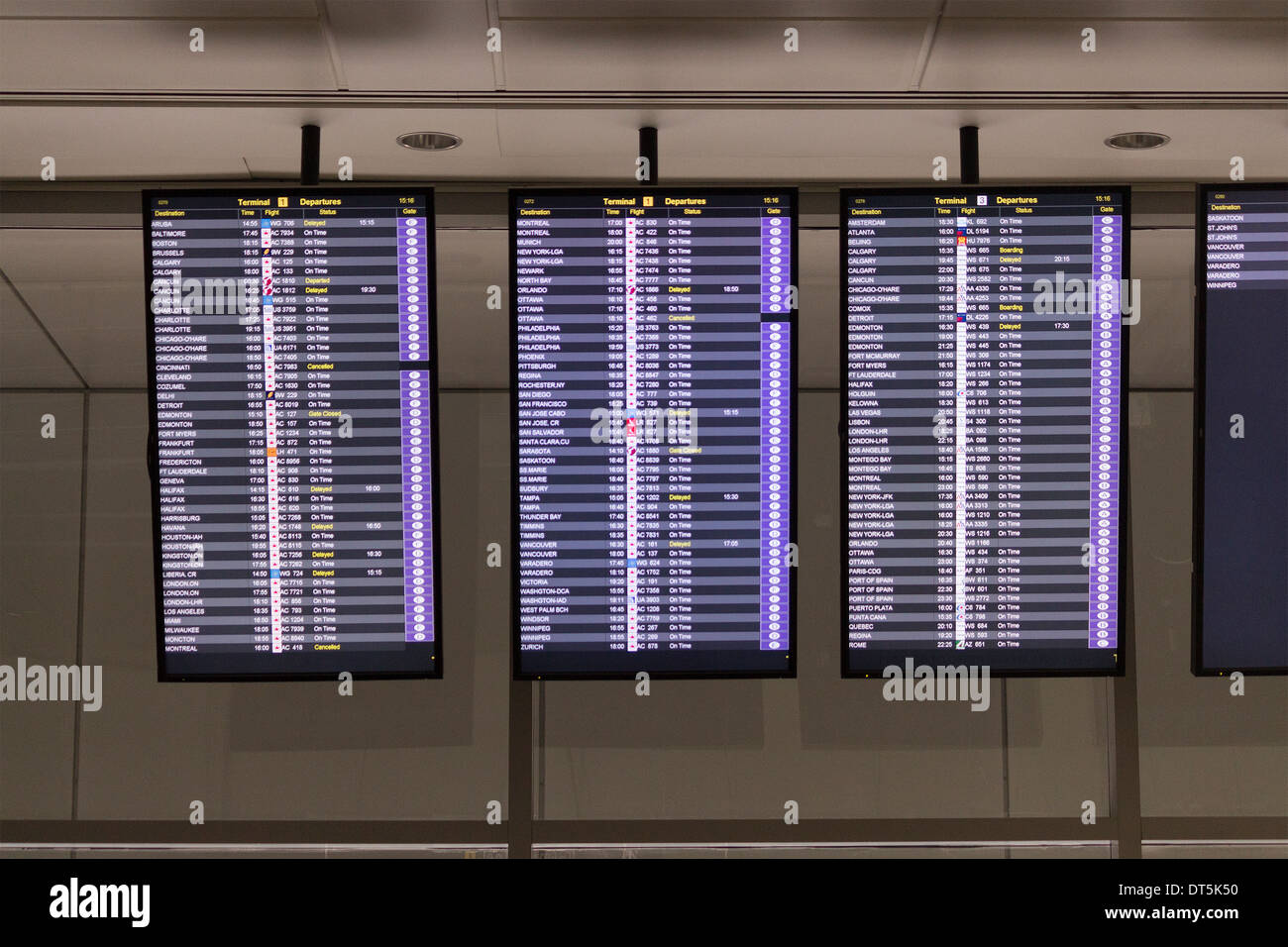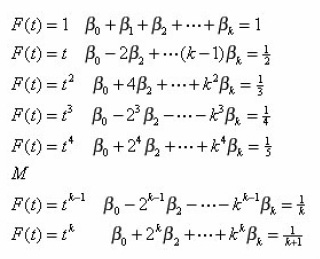

Recognizing the right-of-use asset and liability on the balance sheet as a separate line item, or ensuring disclosure in the notes of the amount and corresponding line item.Presenting a non-cash investing and financing activity item for the establishment of the right-of-use asset and lease liability at commencement, based on ASC 210-10-50-4.Information about the nature of leases including description, terms and conditions, variable lease factors, options to extend, and recognition considerations in measuring the lease.Weighted-average discount rate for the lease.Impact of adoption on retained earnings, if applicable.Election of practical expedients or other policies in adoption.Future lease payments over next five years and thereafter, recognizing the effects of discounting and net lease liability.įinancial institutions should carefully review the call report instructions when adopting ASC 842 to ensure that any changes in accounting are reflected in accordance with the Federal Deposit Insurance Corporation (FDIC) requirements, including the calculation of regulatory capital.Abstract strategy games are some of my favorite. I cannot think of a simpler game from that genre that packs as much strategy as Blokus does. Once players start taking turns and branching out from their corners, space will be at a premium. It makes sense to use your large pieces first. Some pieces will be easier to place than others due to their shape but you do not want to be hanging onto one of these when the game is nearing its end.īlokus comes with twelve pieces that are five blocks large and these should be your priority in the first few turns. If you stay in the area that you begin the game, you will be blocked easily.įailing this means that you are already severely limited in your ability to win the game. Like Manifest Destiny, you need to stake out and claim all land even if it’s not “yours”. When placing a piece, you know a future piece will be played off the corners of that one.

When possible, try to leave yourself at least two (preferably more) placements off of that piece. You do not want to be pigeonholed into only being able to place one particular piece then have an opponent occupy the area. If an opponent leaves a space open, take it. Blokus can be confrontational but it’s just a game. Sometimes it might be worthwhile to let your opponent overextend themselves into your area so you can block them. You fool your opponent(s) into thinking you’re fine with letting them encroach but in reality, you’re waiting to strike. See where your opponent(s) cannot play or reach. Set aside (discreetly) pieces that can be played there in the future so you don’t end up using them elsewhere. The single square could make or break the game for a player.


 0 kommentar(er)
0 kommentar(er)
